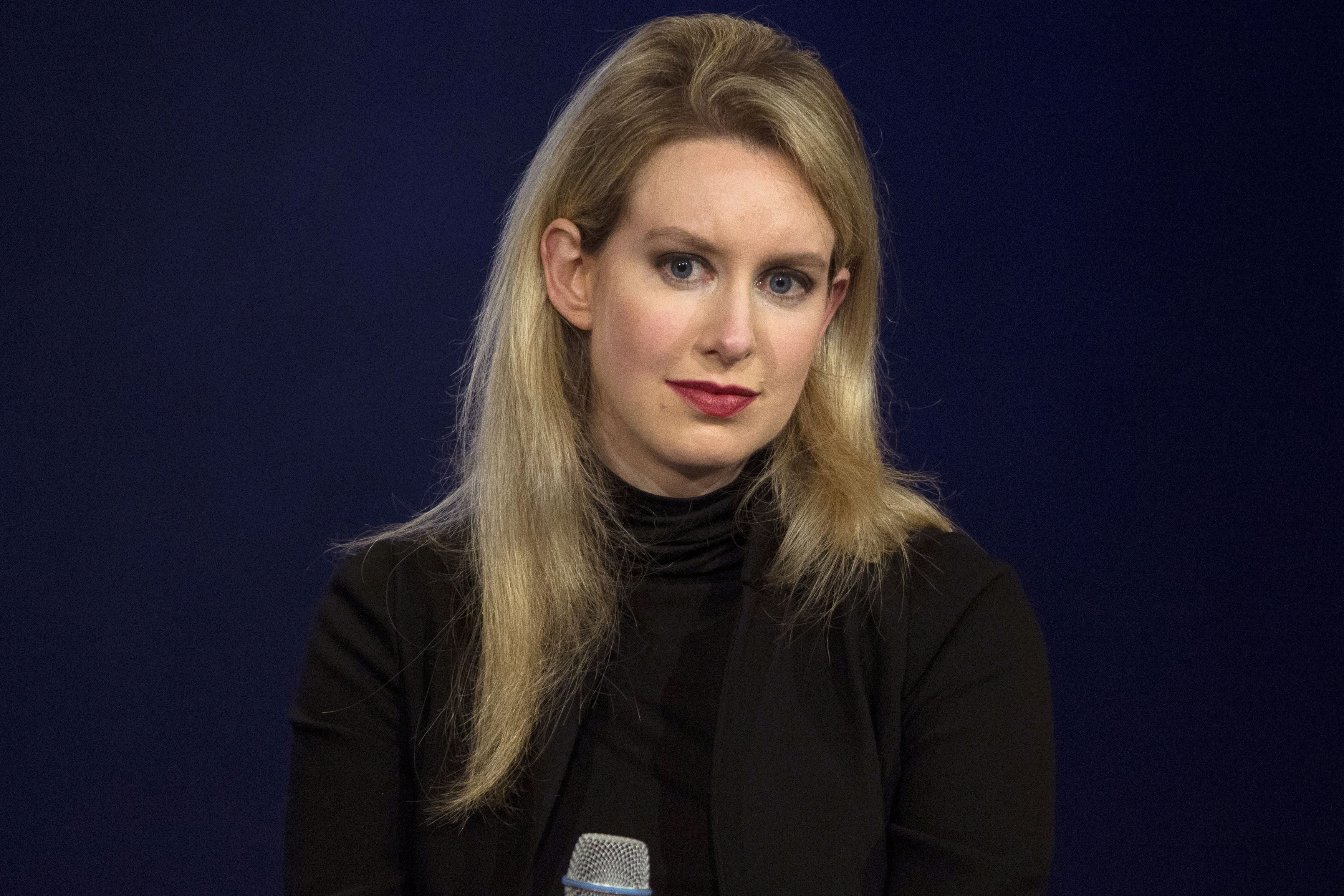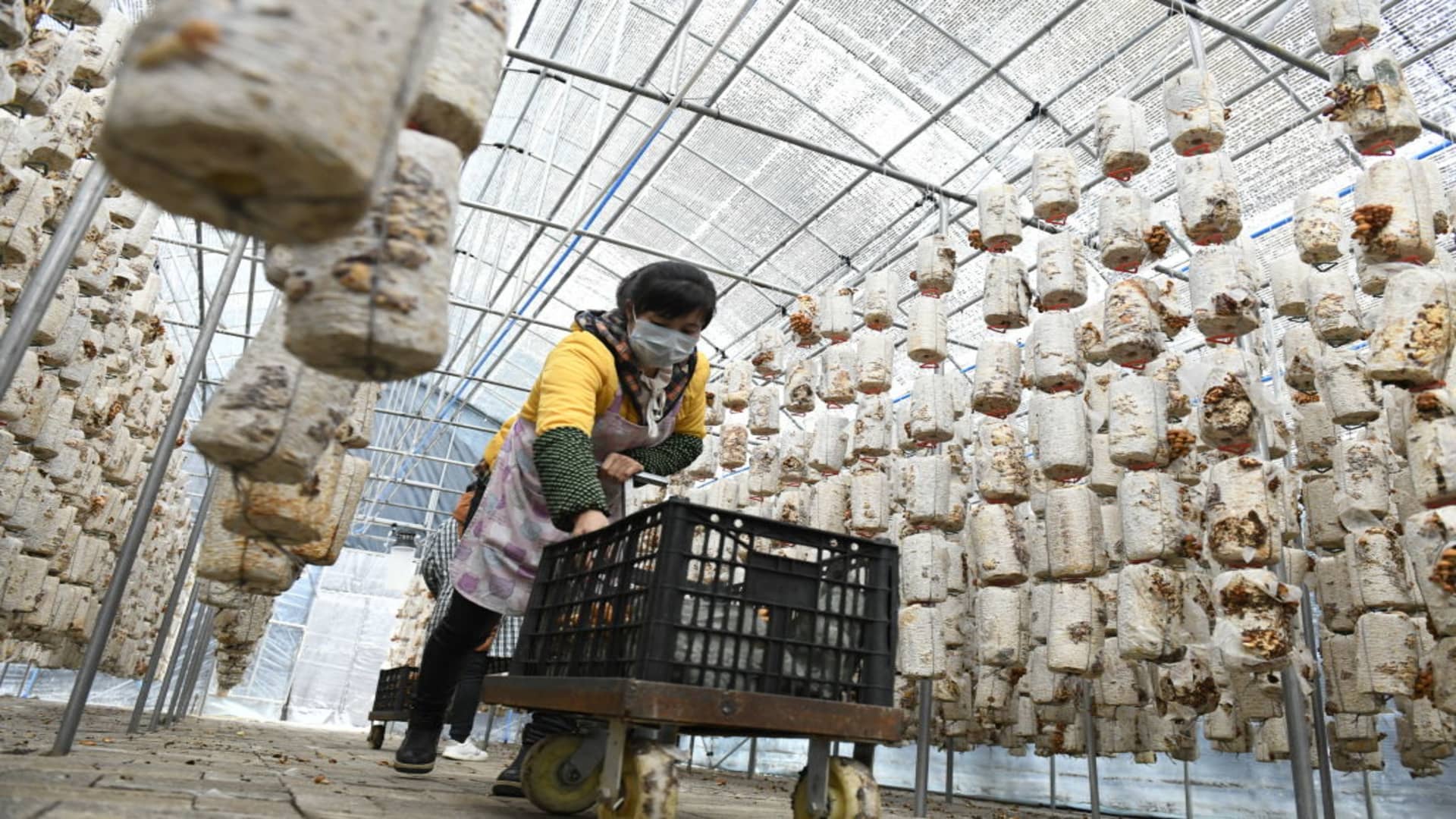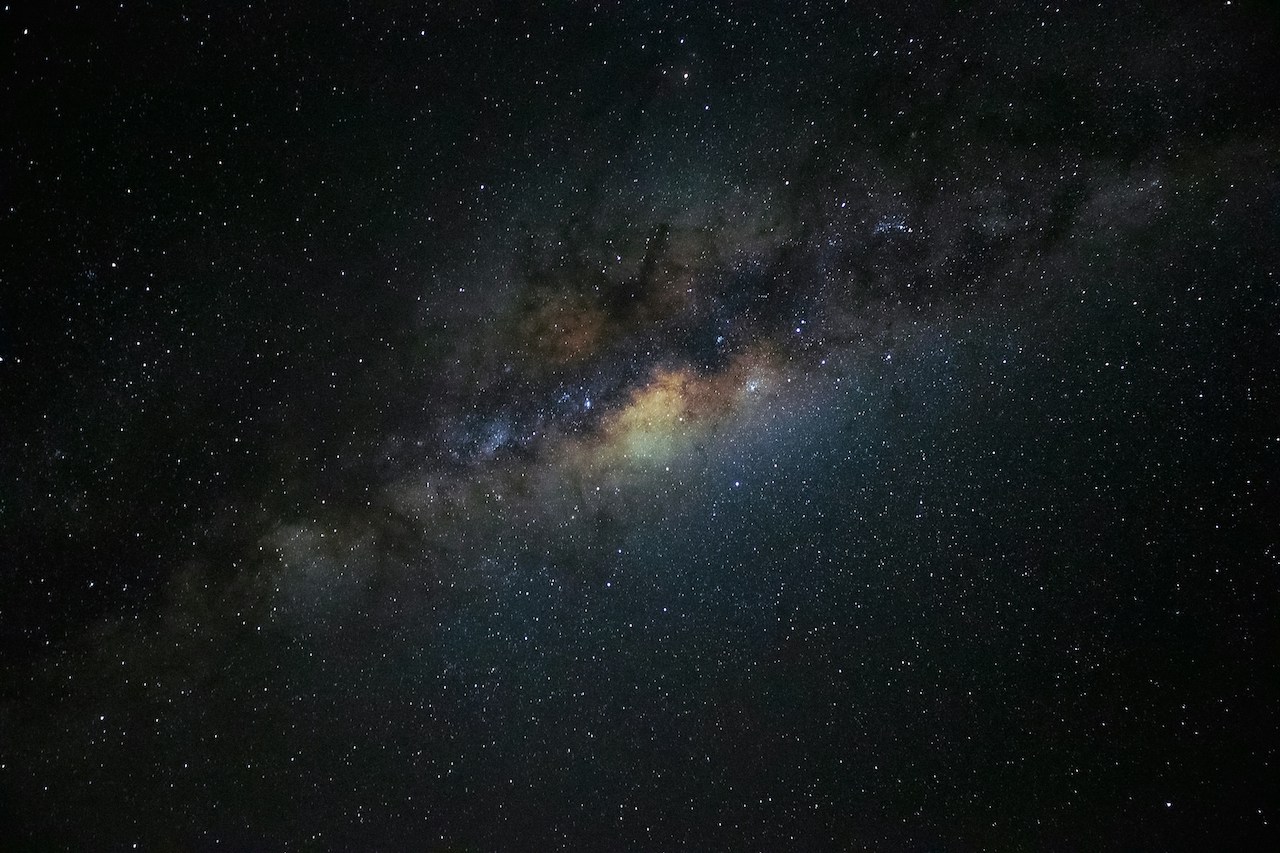Putin's 'incredibly dangerous' nuclear threats raise the risk of an unprecedented disaster
"Coming from the person who has the sole decision-making power regarding Russian nuclear weapons this will have to be taken seriously," one analyst said.
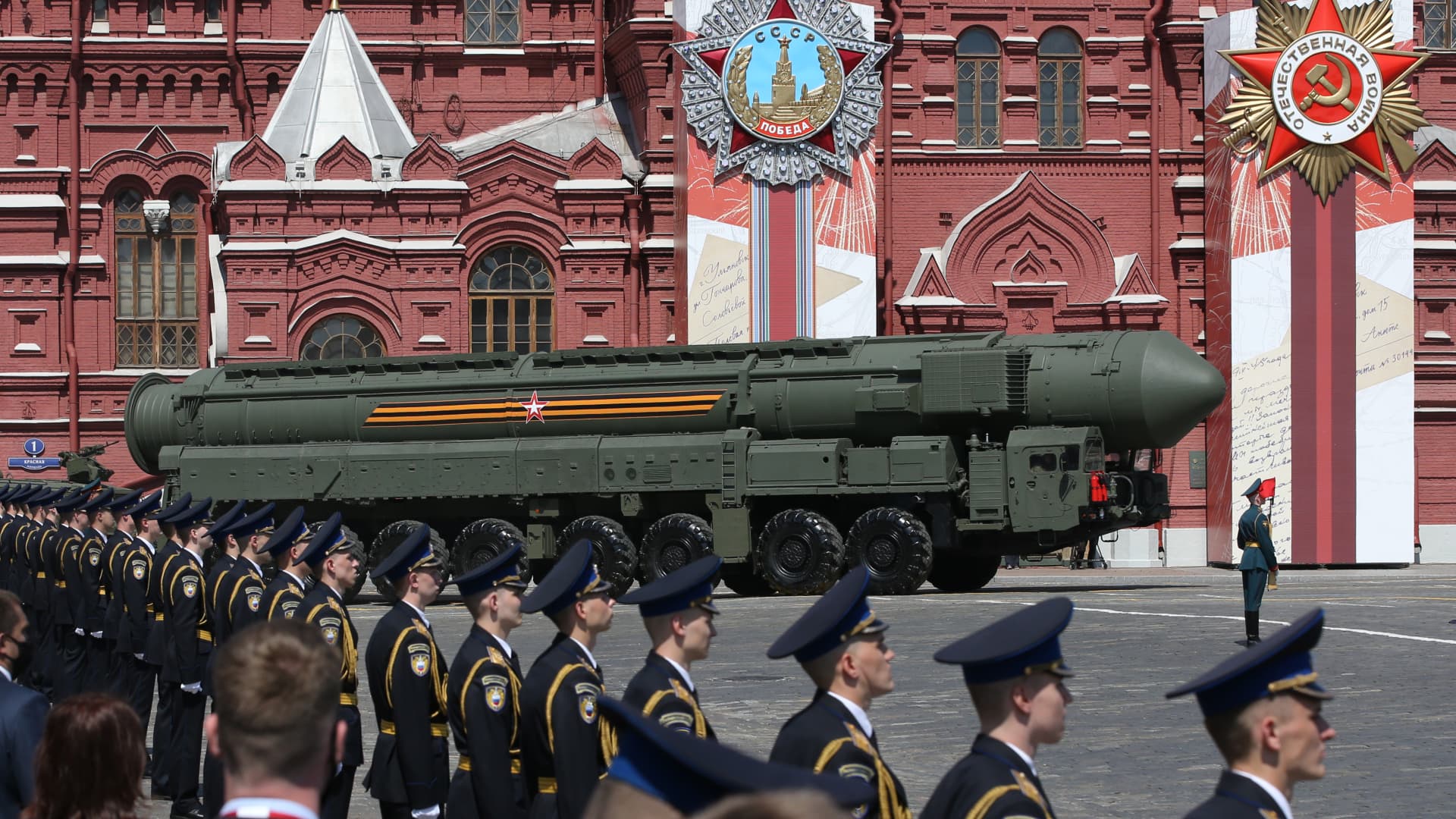
Speaking in a rare, televised address on Wednesday, Putin warned that if the territorial integrity of Russia is threatened, the Kremlin would "certainly use all the means at our disposal to protect Russia and our people. It is not a bluff."
Gavriil Grigorov | Afp | Getty Images
Russian President Vladimir Putin's ultimatum to the West drastically increases the risk of a nuclear conflict, analysts and campaigners warned, with world leaders denouncing what they describe as "reckless" and "irresponsible" threats.
Speaking in a rare televised address Wednesday, Putin called up extra forces for the war in Ukraine and warned that if the territorial integrity of Russia was threatened, the Kremlin would "certainly use all the means at our disposal to protect Russia and our people. It is not a bluff."
It was widely interpreted as a threat that Putin is prepared to use nuclear weapons to escalate the war following a string of Ukrainian successes.
Former Russian President Dmitry Medvedev on Thursday doubled down on the Kremlin's nuclear posturing, saying that any weapons in Russia's arsenal could be used to defend its territories — including strategic nuclear weapons.
It comes as pro-Moscow regional leaders in areas of southern and eastern Ukraine announced referendums on joining Russia. The votes are expected to take place in the Russia-controlled regions of Luhansk, Donetsk, Kherson and Zaporizhzhia, reportedly amounting to roughly 15% of Ukrainian territory.
The outcome of the referendums is widely believed to have been predetermined by the Kremlin, prompting the U.S. and its allies to denounce them as a "sham."
Political analysts say the Kremlin may then view Ukrainian military action against these four areas as an attack against Russia itself.
"The citizens of Russia can be sure that the territorial integrity of our Motherland, our independence and freedom will be ensured, I emphasize this again, with all the means at our disposal," Putin said.
Putin’s threats increase the risk of escalation to a nuclear conflict drastically. This is incredibly dangerous and irresponsible.
Beatrice Fihn
ICAN executive director
"Those statements go beyond the Russian nuclear doctrine, which only suggests Russian first use in a conventional war when the very existence of the state is threatened," said Andrey Baklitskiy, a senior researcher in the weapons of mass destruction and other strategic weapons program at the United Nations Institute for Disarmament Research.
"Coming from the person who has the sole decision-making power regarding Russian nuclear weapons this will have to be taken seriously," Baklitskiy said, noting that Putin's citation of "territorial integrity" was tricky to determine given that the Kremlin is planning to absorb four Ukrainian regions.
"None of this means that Russia would resort to nuclear use. This would be a truly world-changing decision," Baklitskiy said.
"And it's not clear if such a move would even lead to any desired outcomes for [President] Putin. … But extending the conditions for possible use amidst the ongoing war is a huge gamble," he added. "One we all, including Russia, would be safer without."
'Eroding the taboo'
U.S. President Joe Biden condemned Putin's threat to use nuclear weapons and urged allied U.N. leaders to reject Russia's invasion of Ukraine.
Speaking at United Nations headquarters in New York City on Wednesday, Biden accused the Kremlin of making "reckless" and "irresponsible" threats and said, "a nuclear war cannot be won and must never be fought."
His comments echoed remarks by NATO Secretary-General Jens Stoltenberg, who told Reuters on Wednesday that the 30-nation Western defensive alliance would remain calm and "not engage in that same kind of reckless and dangerous nuclear rhetoric as President Putin."
Beatrice Fihn, Nobel laureate and executive director of the International Campaign Against Nuclear Weapons, urged political leaders to renew efforts to get rid of all nuclear weapons by signing and ratifying the Treaty on the Prohibition of Nuclear Weapons.
Mikhail Svetlov | Getty Images
Putin has alluded to Russia's nuclear weaponry at various points during the conflict with Ukraine. Still, there are doubts among Western leaders over whether Moscow would resort to deploying a weapon of mass destruction.
Ukrainian President Volodymyr Zelenskyy told German media on Wednesday that he didn't believe the world would allow Putin to use nuclear weapons.
Beatrice Fihn, Nobel laureate and executive director of the International Campaign to Abolish Nuclear Weapons, told CNBC that Putin's "incredibly dangerous and irresponsible" threats drastically increase the risk of escalation to a nuclear conflict.
"Threats to use nuclear weapons lower the threshold for their use," Fihn said via email. "Subsequent discussion by politicians and commentators about the possibility of Russia using nuclear weapons and about possible nuclear responses without also discussing the devastating humanitarian impact of using even so-called 'tactical' nuclear weapons is eroding the taboo against their use."
Fihn called for the international community to "unequivocally condemn any and all nuclear threats" and urged political leaders to renew efforts to get rid of all nuclear weapons by signing and ratifying the Treaty on the Prohibition of Nuclear Weapons.
'No going back'
Max Hess, a fellow at the Foreign Policy Research Institute think tank, described Putin's nuclear threats as a "very significant announcement."
"Now, the real threat from Putin's speech was that he's prepared to use nuclear weapons to defend Russian territory, including the territory that they plan to annex," he told CNBC's "Street Signs Europe."
"This includes not only the Donetsk and Luhansk region, the traditional Donbas, but also all of Zaporizhzhia and all of Kherson — Ukrainian regions that very much remain contested and where Russians do not control their entirety."
"What this means then for those territories that are still under Ukrainian control with regards to Putin's threats is still left unsaid," Hess added.

If Putin were to use a so-called tactical nuclear weapon in Ukraine, there would be "no going back" and "no negotiation," according to Timothy Ash, an emerging markets strategist at BlueBay Asset Management.
In such a scenario, Putin "is finished with the West forever, and likely then even the Chinese, India, South Africa, the BRICS, and the rest of the non-aligned world turns against him," Ash said. The BRICS acronym refers to Brazil, Russia, India, China and South Africa.
A weapon of mass destruction, or WMD, "is a deterrent," Ash said. "Once it is used, its power is actually denuded."
Russia's foreign ministry was not immediately available for comment when contacted by CNBC on Friday.
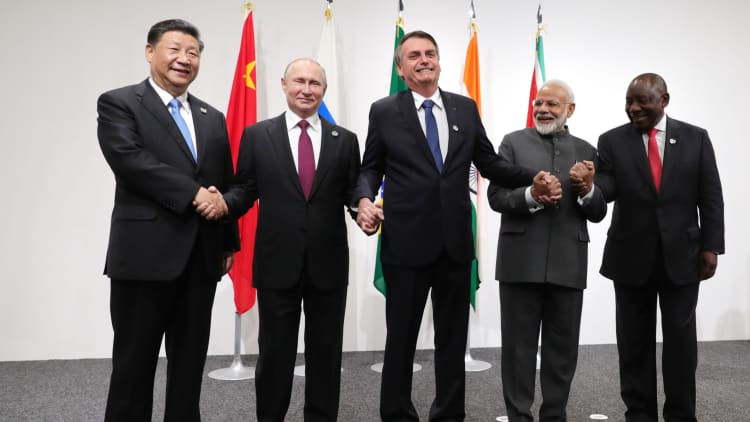

 Aliver
Aliver 










